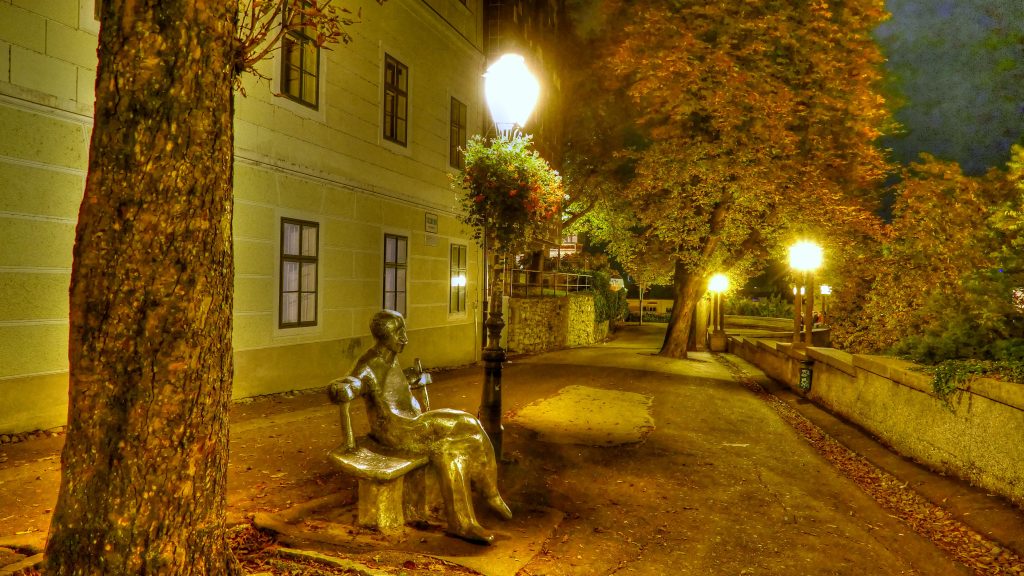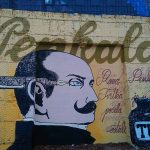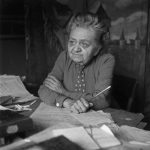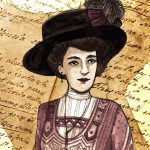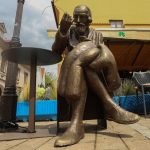December the 20th, 2023 – Croatian wordsmith Antun Gustav Matoš is one of this country’s most celebrated poets, essayists, journalists and travel writers. How much do you know about him?
Antun Gustav Matoš is the central figure of Croatian modernism
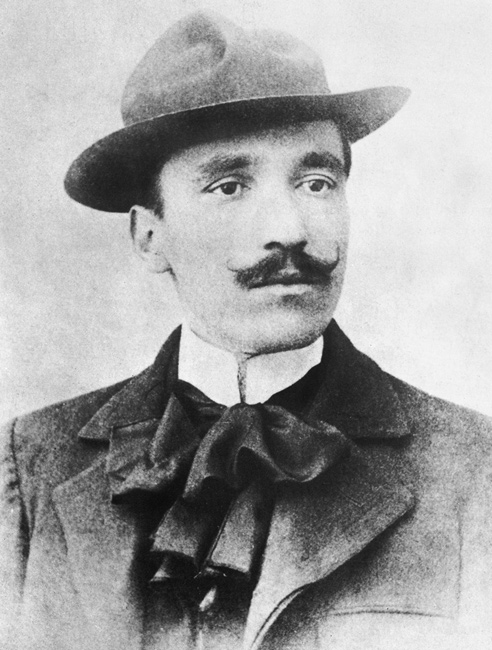
Modernist literature centred around the separation from traditional ways of writing and the involvement of a more self-conscious approach, experimenting with expression and a somewhat new literary form. As in much of Europe, modernism in literature marked a stark change in the world of Croatian literature. It rapidly took on more and more European influence from outside national and regional borders, particularly from France, and more or less abandoning previous styles. Croatian wordsmith Antun Gustav Matoš was one of the central figures of this literary shift in Croatia, with one of his works in particular standing out strongly.
He fled Croatia for Belgrade, then Vienna, Munich, Geneva and Paris, visiting Zagreb only secretly
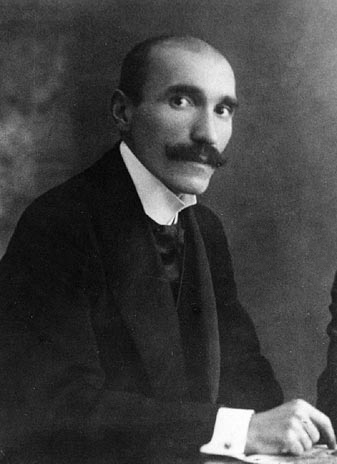
Born in Tovarnik in Syrmia on the 13th of June, 1873, the young Matoš didn’t remain in deprived Eastern Croatia for very long. His parents moved him to Zagreb when he was two years old, where he was educated. An illness cut his time studying at the Military Veterinary College short by the late 1800s, but he was still conscripted in 1893. Realising that this wasn’t for him, he fled during the summer of the following year, scarpering from Croatia entirely and heading in secret to a district in Serbia, and then to the capital of Belgrade, where he lived off his literary talent, as well as his musical one (the cello). In 1888, he left Serbia for Vienna, then for Munich, then to Geneva and then to the French capital. He remained in Paris for a good chunk of time – five years to be exact, and it was precisely there where some of what are considered to be his greatest works were penned.
After five years in Paris, he returned to the Serbian capital, paying secret visits to Zagreb during which he was looking over his shoulder constantly. He was still wanted by the Croatian authorities for being a deserter. It wasn’t until several years later, more precisely in 1908, that Croatia pardoned him and he returned permanently to Zagreb.
He wrote 24 works, spanning poetry, short stories, criticisms and articles
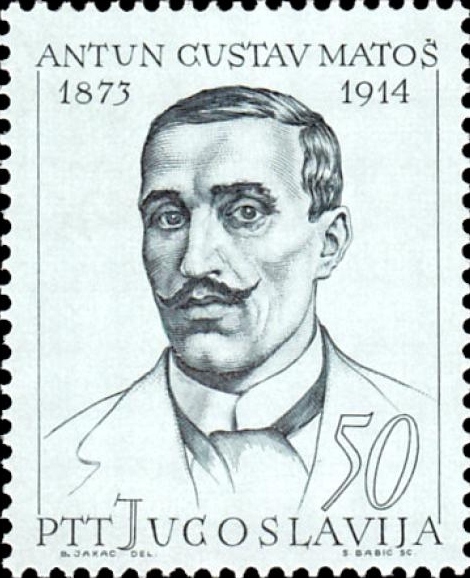
Antun Gustav Matoš’ literary gift was vast. He took like a fish to water to poetry, short stories, essays, the writing of disputes and criticism. Genres which involved not only characters based on real people and stories from Zagorje, but also tales involving grotesque monsters and fantasy themes.
What is especially interesting to note in this regard is the fact that Croatian geopolitical issues, which were as turbulent as ever back during Croatian wordsmith Antun Gustav Matoš’ time, seeped into the stories involving monsters and fantastical themes. Love and death were interwoven in all of his tales, and the depths of his characters and their paths was always explored.
Travelogues didn’t escape Croatian wordsmith Antun Gustav Matoš’ talents either. In fact, many of his writings in this field were and continue to be deemed “exceptional”, as they focus almost entirely on landscapes, and the emotions they conjure up from within.
His work “Moć savjesti” (The Power of Conscience) is deemed the start of Croatian modernist literature
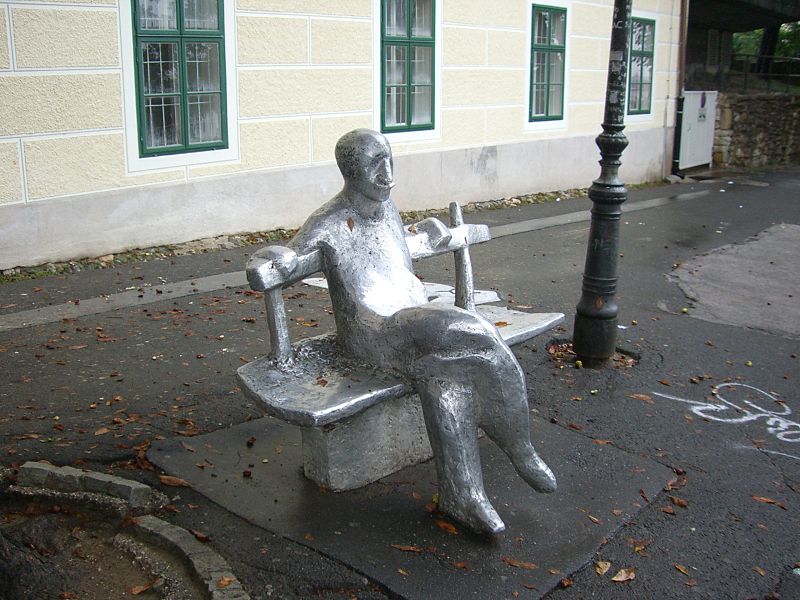
As mentioned above, Matoš is widely considered to have been the central figure of Croatian modernist literature. His celebrated work The Power of Conscience is the piece of writing that stands out the most strongly in this regard. Despite only being a short story, it carried immense weight for its time, and in the eyes of many people – it still does even in the modern day.
Croatian wordsmith Antun Gustav Matoš expressed his dismay at Hungarian oppression through poetry
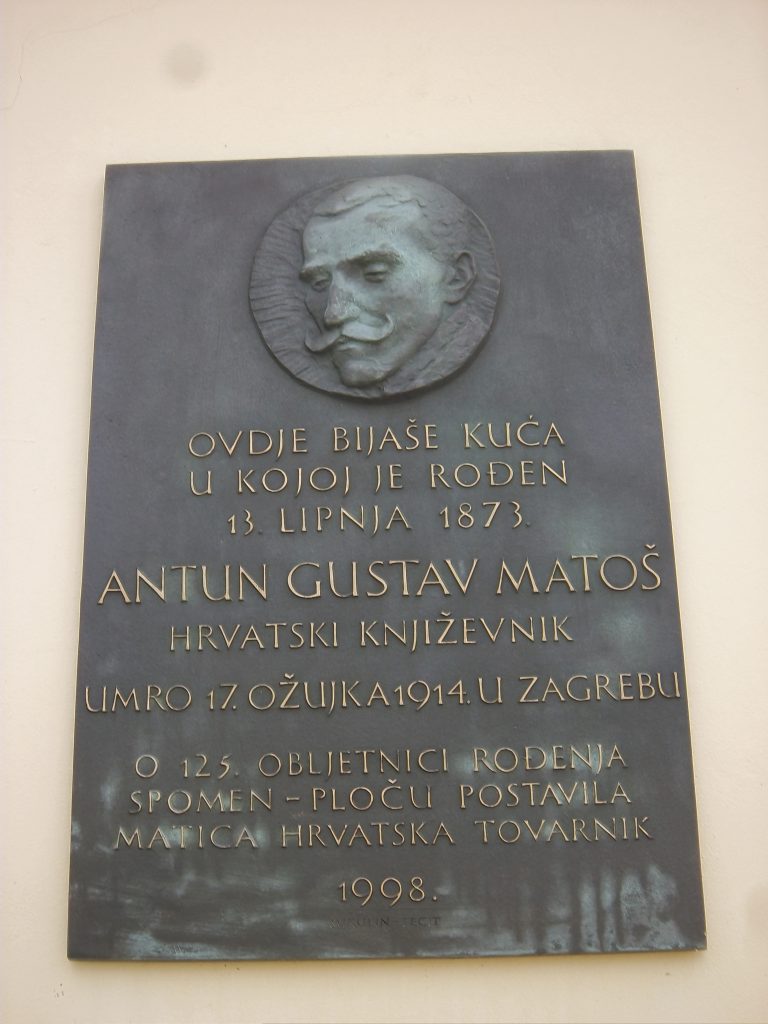
Croatian wordsmith Antun Gustav Matoš was far from the only public figure to be less than thrilled about Hungary’s overall approach to Croatia during the time of the Austro-Hungarian Empire. His landscape poetry which was deemed so exceptional by literary crowds went further than travelogues. He used this poetry to tackle heavier subjects, and the Hungarian oppression of Croatia and its inhabitants was one such topic. Despite fleeing his military duty and ending up living outside of the country of his birth for thirteen years as a result, Matoš had strong patriotic feelings. He expressed them through his literary works, particularly through his poetry, and the likes of his poems Iseljenik (Immigrant) and Stara pjesma (Old Song) reflect this rather strongly. Both of these poems put Matoš’ intense sadness towards Hungarian attitudes to Croatia on display.

